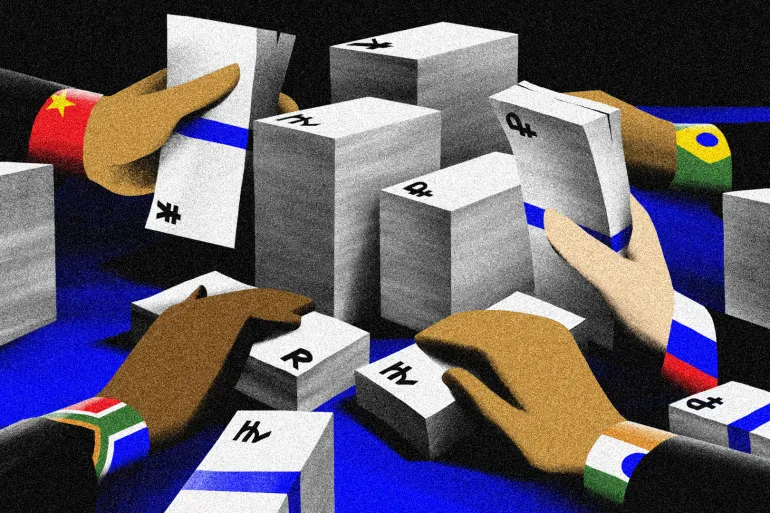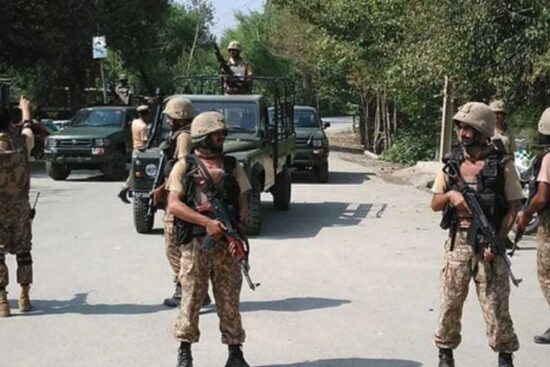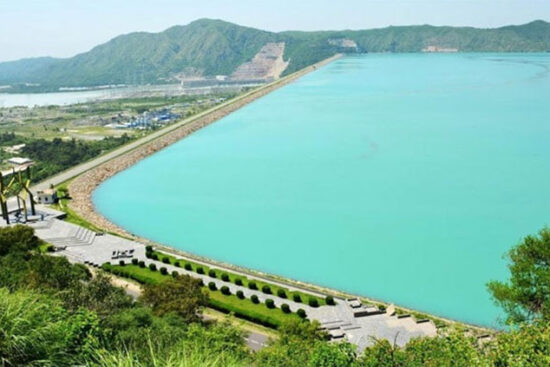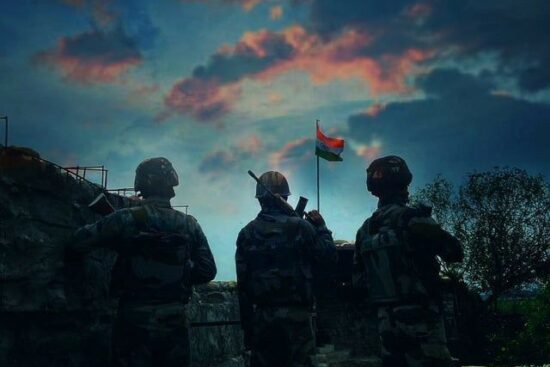
The changing world order has been a topic of discussion not only today, but throughout the course of history. Following China’s rise and Russia’s revival. The United States’ dominance in the liberal international order has decreased, leading to a transition away from the US-led unipolar world order. The changing geo-political and geo-economic situation, technological breakthroughs, and the expansion of information and communication technologies, have all contributed to the restructuring of the global power structure.
The world order has undergone dramatic shifts. After WW-II, a bi-polar world with the US and USSR emerged. The Cold War’s end led to a US-dominated unipolar world. However, the 2008 financial crisis and China’s rise challenged this, pushing the world towards a multi-polar landscape, with no single ruler. US actions like NATO expansion alienate Russia and China, leading to friction near their borders the Ukraine and Taiwan. These rising powers actively push back questioning efficacy of US influence and creating a multi-polar world, with a contested “liberal order.”
Russia has used its political might to threaten the United States’ supremacy in the Middle East, Europe, and Asia. Under Putin, a resurgent Russia seeks to assert its military force and economic power. It intends to become an active actor outside of its region, restricting the United States’ dominance in the Middle East and clout in Asia. Similarly, China is actively seeking military upgradation, with an expanding defence expenditure, which now roughly coincides with China’s economic expansion. China has aggressively encroached on several regions, reducing the United States’ influence.
A notable example is the Belt and Road Initiative, through which China aspires to connect the world with railway lines, fiber optics, roadways, and maritime connections across three continents. China started diplomatic engagement with Russia, Iran, Saudi Arabia, and Afghanistan to sustain its soft power via Belt and Route Initiative (BRI). These states are striving to challenge the status quo, undermining the “liberal order” established by the United States.
Also Read: China and Pakistan: Silk Roads of Collaboration for Shared Prosperity
Furthermore, in response to rising powers, the United States has attempted to re-assert its supremacy by pivoting toward Asia. US withdrew its troops from Afghanistan and shifted its policy towards the “containment of China” via Quadrilateral Security Dialogue (QUAD) and QUAD Plus and Build Back Better World (B3W) in Indo-Pacific and India, Israel, the United Arab Emirates, and the United States (I2U2) in the Middle East. It has also deepened its partnership with India, to counter the rise of China. Within the context of the US Indo-Pacific strategy, India is considered as a “net security provider” and a regional stabilizer in the great power contestation. To foster autonomous growth, India is balancing its connections with the United States and China, as well as expanding ties with global and regional powers.
However, India’s ascent and expanding alliances in the existing system constitute a greater strategic risk to Pakistan. In the wake of changing global strategic priorities, Pakistan has faced both opportunities and challenges. Pakistan and the US have multi-pronged relations. Economically, America is the largest export-led trade partner of Pakistan. After the Middle East, the second-largest number of remittances come from the US. Pakistan and the US have a long history of cultural ties.
Thousands of students go to the US for higher education, and both countries have multiple common concerns: terrorism in Afghanistan, climate change, and global warming. Pakistan can play a vital role in bringing Iran to the negotiation table to broker a nuclear deal for world peace. So, both countries can collaborate in multiple ways. Undoubtedly, Pakistan and China are time-tested friends. China always supported the stance of Pakistan over Kashmir. China has almost always helped Pakistan in times of crisis. So, Pakistan values its relations with China in high esteem while striking a balance between the two rival states.
Pakistan is a beneficiary of a changing world order.
According to Michael Kugelman, an American analyst, “Pakistan is a beneficiary of a changing world order.” The current period of unipolarity is coming to an end, with emerging nations such as China, India, Russia, and Turkey rapidly increasing their power and influence. Pakistan maintains friendly connections with rising countries like China, Russia, and Turkey. As a result, Pakistan stands to prosper. It is wrong to assume Pakistan’s relevance in the international world is dwindling. As a matter of fact, Pakistan is the key supporting actor in the entire region as long as the CPEC exists.
Pakistan’s foreign policy is formed by ever-changing regional and global orders, which has a direct impact on the country’s security. The changing global order may pose new problems for Pakistan, particularly in terms of security, which Pakistan must handle. Most crucially, strengthening the Indo-US partnership will remain to be a significant task. Pakistan must remain impartial in its approach. Pakistan, like India, needs to strengthen its relations with global and regional powers. It might also strengthen its alliance with China, becoming less dependent on the United States, while retaining amicable relations. As a result, implementing a balancing strategy could help Pakistan endure in an ever-changing global landscape.
The opinions shared in this article reflect the author’s personal views and do not necessarily align with the institution’s official stance.

















Leave a Reply